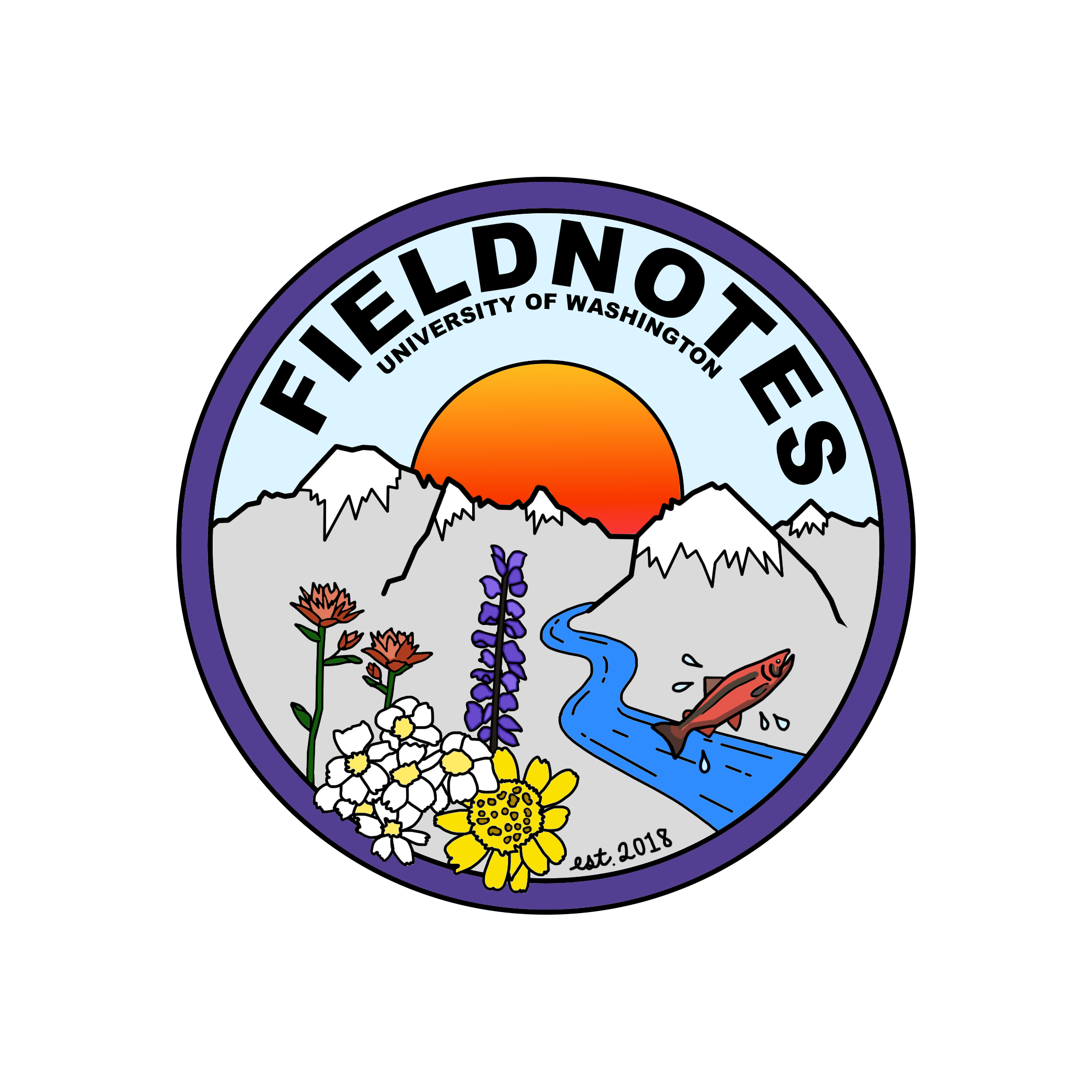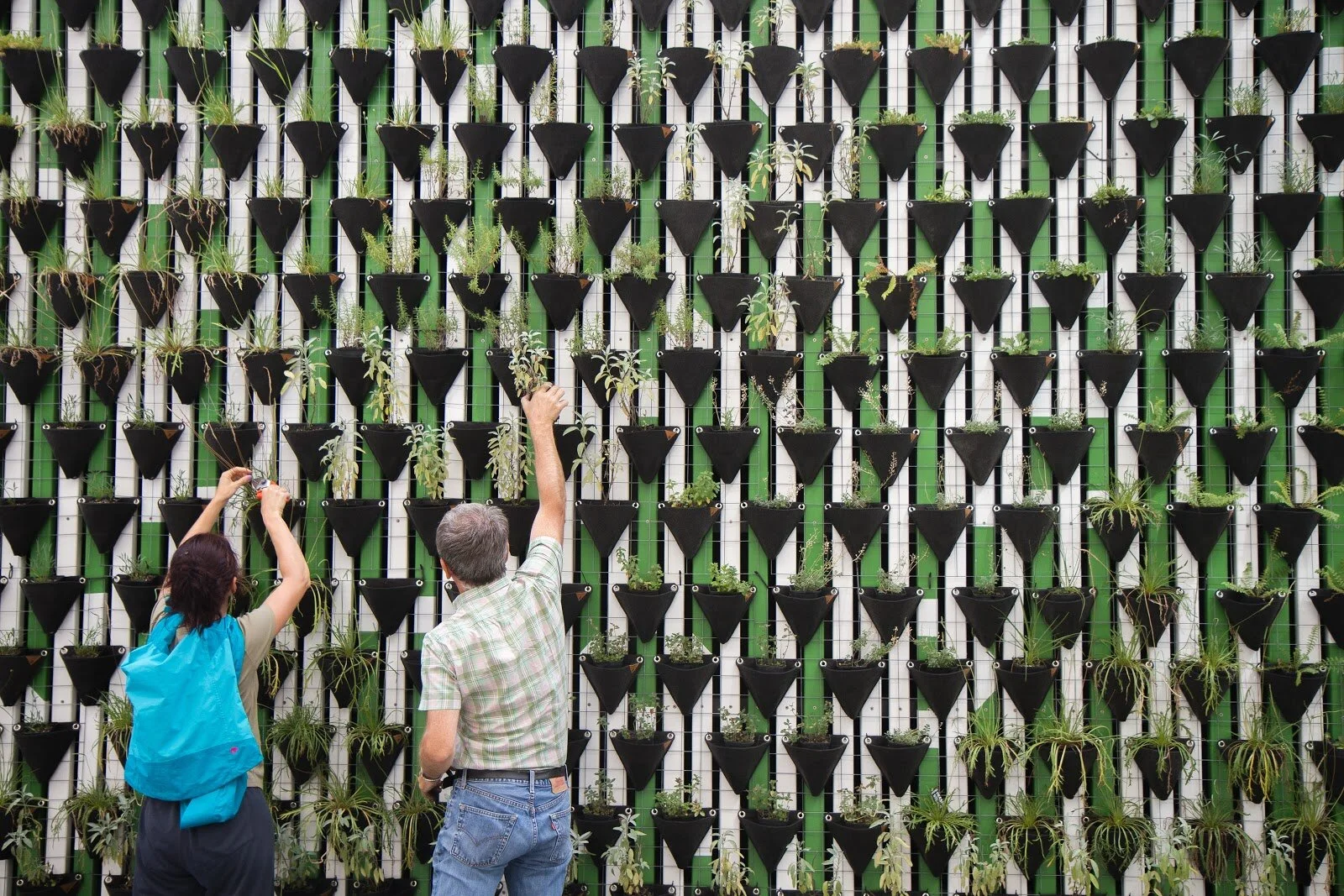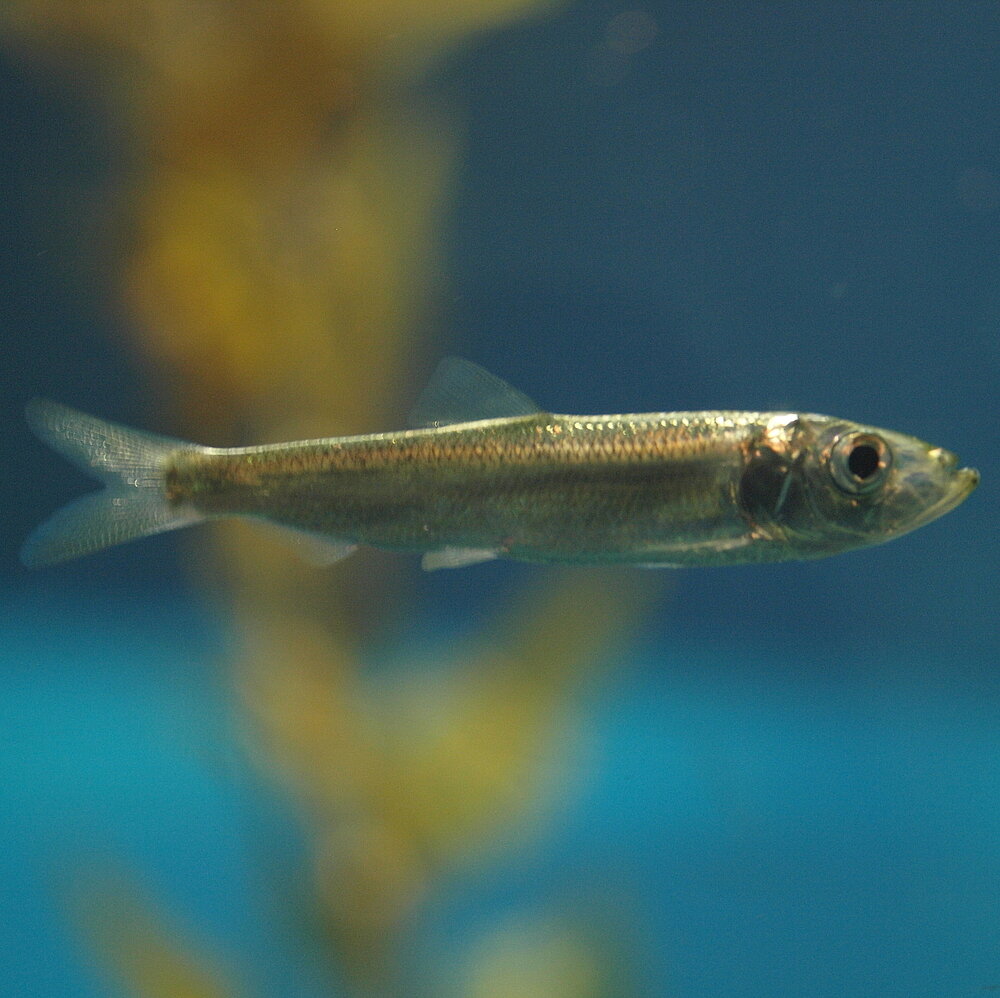Identification apps exist for those curious about backyard plants, unfamiliar insects, rocks and more, using artificial intelligence and vast libraries of research. What impact can they have?
Read MoreIf you think birds are boring, and bees have made you blue, then bats may be your new best beau for a biological backyard habitat.
Read MoreBored of Animal Crossing and wanting something new to occupy your time in quarantine? Check out our blog about online citizen science projects!
Read MoreThe Raging Grannies is an organization that was recently brought to my attention, but deserves all the attention in the world. Spread across the country in “gaggles,” as they call themselves, groups of elderly women have united under a desire for social and environmental change through peaceful activism.
Read MoreToday, many indigenous people are fighting to regain space and reestablish a sense of community in Seattle through preservation of nature.
Read MoreFrom the fight against single use plastic straws to fitting a year’s worth of trash into a mason jar, these past few years have made it clear: being green is trendy. And as with all trends that have the potential to turn a profit, if they can, they will.
Read MoreThe beneficial impacts of nature on our physical and mental health have become more commonly known through this age of outdoor withdrawal, leading more people to invest in the natural enrichment of their homes through plants and animals.
Read MoreLearning another language can be a difficult task that requires a lot of practice and dedication, and trying to learn a language from another species can seem impossible. Today, with the use of computer learning, humans are teaching computers to speak whale.
Should you risk it for the biscuit? Perceptions of COVID and Climate Change and how SciComm can help.
Using kitchen scraps as fertilizer is perhaps the easiest way to save money and improve the health of your plants. Quite simply, plants require specific nutrients that are already present in the food we eat. So why throw away your leftovers, when you can reuse them?
Read MoreDespite being very different, the Salish Sea and the Jonas Brothers both have one thing in common.
Read MoreSeahorses are the unsung heroes of habitat conservation.
Read MoreBy Katie Gonzalez
I begin my journey by setting out to learn how scientific knowledge informs policy for the environment. I ask this question because the topic itself is very broad and there are many ways in which science influences policy. By sharing my experience I hope to encourage citizens much like myself to learn about and participate in the legislative process within their community.
Read Moreby Madeline Brooks
Like most bright-eyed students entering into the field of environmental sciences, I was motivated by the desire to change the world, for the better.
Read Moreby Celine Tang
A look into coastal ecosystems and their role in global carbon sequestration
Read MoreWe feel the best use of our platform is to support our Black siblings as allies, especially our student peers, faculty, and staff. To them, we say: we stand with you on the streets, in the field, in the lab, and on campus. We hear you. We are listening. We echo your words: Black Lives Matter.
Read Moreby Allison Phillips
In March and April of 2020, amidst the uncertainty and turmoil of COVID-19, there was triumph. Rulings on two separate cases altered the fates of the Dakota and Keystone XL pipelines.
Read Moreby Andrew Chin
Floating wetlands project in Seattle’s Lower Duwamish River shines a light on environmental justice
Read Moreby Kylie Sahota
When molecular laboratory technicians (such as myself) are out of work due to a worldwide pandemic, I respond by getting into the kitchen.
Read More

















